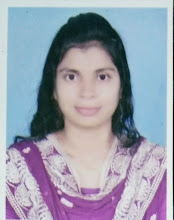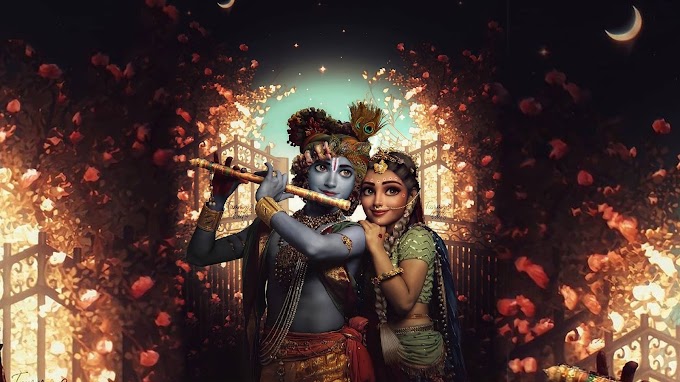Shyama Sangeet is a genre of Bengali devotional songs dedicated to the Hindu goddess Shyama or Kali which is a form of supreme universal mother-goddess Durga or parvati. It is also known as Shaktagiti or Durgastuti.Shyama Sangeet appeals to the common man because it is a musical representation of the relationship of eternal and sublime love and care between the mother and her child. It is free of the common rituals of worship and also the esoteric practice of the Tantra.
The term 'Shyama' refers to the skin color of Kali (usually depicted in black or deep blue.) Literally, it means dusky.Shyama Sangeet conceptualizes Goddess Kali as a loving human mother and the singer is longing for The Mother's love. The songs have become popular not only for its devotional side, but also for its human appeal.
Ramprasad Sen is regarded as the “Father of Shyama Sangeet”. Towards the middle of the 18th century, the poet Ramprasad Sen instilled new life into it and turned it into a distinct genre of Bengali songs. He is credited with popularizing the bhakti Shakta tradition and Shyama Sangeet. Ramprasad was succeeded by number of composers like Kamlakanta Bhattacharya (1772–1821), Rasikchandra Ray (1820–1893), Ramchandra Datta (1861–1899), Kazi Nazrul Islam ( 1899 - 1976),Trailokyanath Sanyal, Ramdulal Dutta, Sadhak Bamakhyapa and Nilakantha Mukhopadhyaya.
ENGLISH TRANSLATION OF ONE OF THE SHYAMA SANGEET:-
Amar Maa Twang hi tara (X2)
Mother, Thou art our sole Redeemer
My Mother, Thou art our sole Redeemer
Tumi triguna dhara parat-para
With the Support of the three gunas, Thou art Higher than the most high
Ami jani Maa o dina daya-mayi
Thou art the ever-compassionate, I know Mother
Durgamete dukha-hara
Who takest away our bitter grief
Tumi Sandhya, Tumi Gayatri, Tumi Jagaddhatri go Maa
Sandhya art Thou, Thou art Gayatri, Thou art Jagaddhatri, O Mother
Akulera trana-katri
Mother, the Help art,Thou Of those that have no help but Thee
Sada - Shiber Manohara
O Eternal Beloved of SadaShiva!
Tumi Jole Tumi Sthole Tumi Adya-mule go Maa
Thou art in earth, Thou art in water, Thou liest at the root of all
Acho shorbo ghote orgho phute
Thou art in every religious pot blooming as a flower
Shaakar-aakar nirakara
Yet art Thou being both personal as well as the formless Reality.
Written by Saikat Bandhyapadhyay.




















Thank you for getting in touch with us (KSI BLOG)